UK, Germany sign post-Brexit defense, foreign policy agreement
The UK and Germany have pledged to cooperate more closely on foreign and security policy issues, reaffirming their commitment to the “strategic unity of Europe", through a 20-point post-Brexit agreement.
The agreement came two days before Chancellor Angela Merkel’s visit to the UK on Friday, during which she met the Prime Minister Boris Johnson and talked about bilateral issues.
According to the declaration, signed by Germany’s Foreign Minister Heiko Maas and his British counterpart Dominic Raab, the two sides have agreed to establish a new strategic dialogue in the ministerial level which prompts authorities from both countries to hold bilateral summits annually.
The joint initiative stressed both countries' willingness to work towards “responsible leadership on foreign policy issues in support of multilateralism and a rules-based international order”.
The agreement seems to be the first of three bilateral deals, which the UK seeks to secure with its largest European partners such as France and Italy.
In spite of refusing to strike a cooperation deal with the European Union, the UK is seeking agreements with its main European partners on defense and foreign policy issues.
Meanwhile, Berlin has vowed to maintain full transparency with the EU about its relations with London.
Regarding the defense policy, the declaration has depicted NATO as the “cornerstone of Euro-Atlantic security,” and asserts that the organization remains the “bedrock” of its members’ collective defense.
“We recognize the importance of a stronger and more capable European contribution to this. We remain jointly committed to NATO-EU cooperation”, the agreement stated.
Angela Merkel’s support for holding a “constructive dialogue” with Russian President Vladimir Putin is also reflected in the statement. However, the idea was rejected collectively by the EU last week.
On China and the Indo-Pacific, both sides have agreed to counter China as they jointly recognized the growing influence of Beijing.
The two sides have also pledged closer foreign policy cooperation with Turkey, Ukraine and Africa.
One of the main features of the agreement is the UK’s support for Germany to have a new permanent seat at the United Nations Security Council.
Germany has been pushing for a permanent seat on the Security Council for many years. After the UK withdrew from the EU, only France remained a permanent member of the council from the bloc.
BDS National Committee slams Human Rights Watch for anti-Palestinian bias
Norwegian ambassador resigns over expanding Epstein-linked scandal
Russia will not launch attack on Europe unless struck first: Lavrov
Israeli forces kill three Palestinians, including teen, in raids across Gaza
Israel finalizes execution plans for Palestinian abductees after Knesset vote: Report
VIDEO | Press TV's news headlines
VIDEO | Pakistan mosque attack in Islamabad sparks protests in Kashmir, Kargil
Hamas condemns Israel's 'fascist settler-colonial' project aimed at annexing West Bank


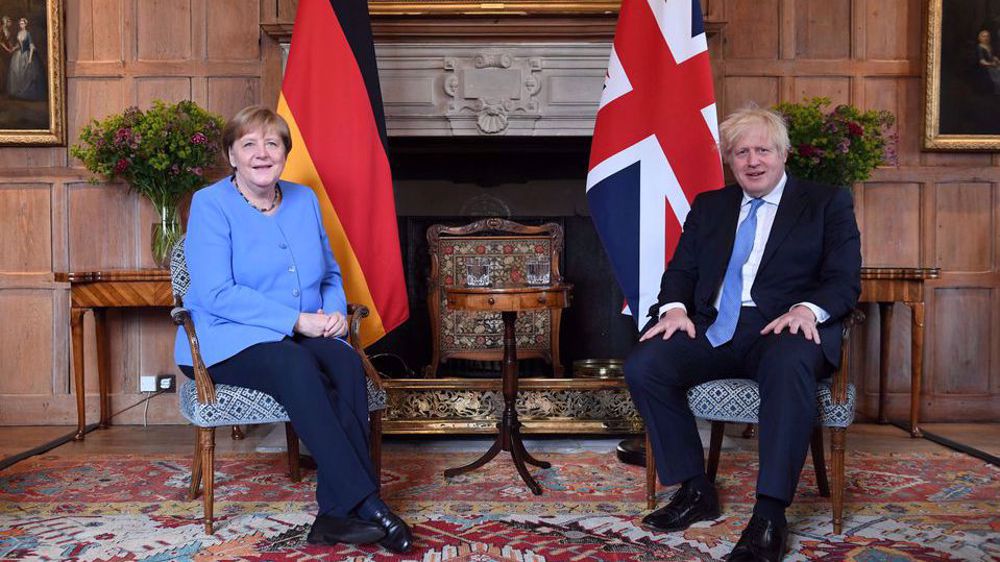

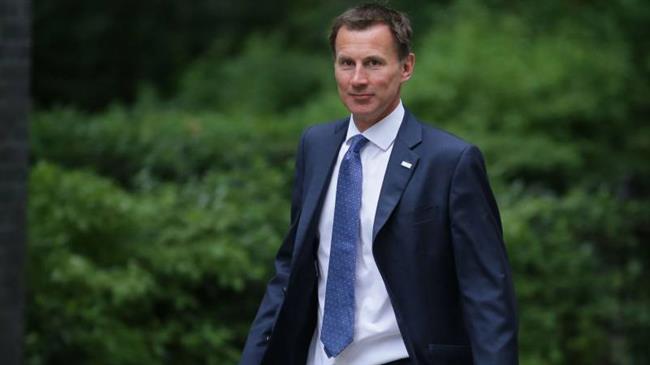
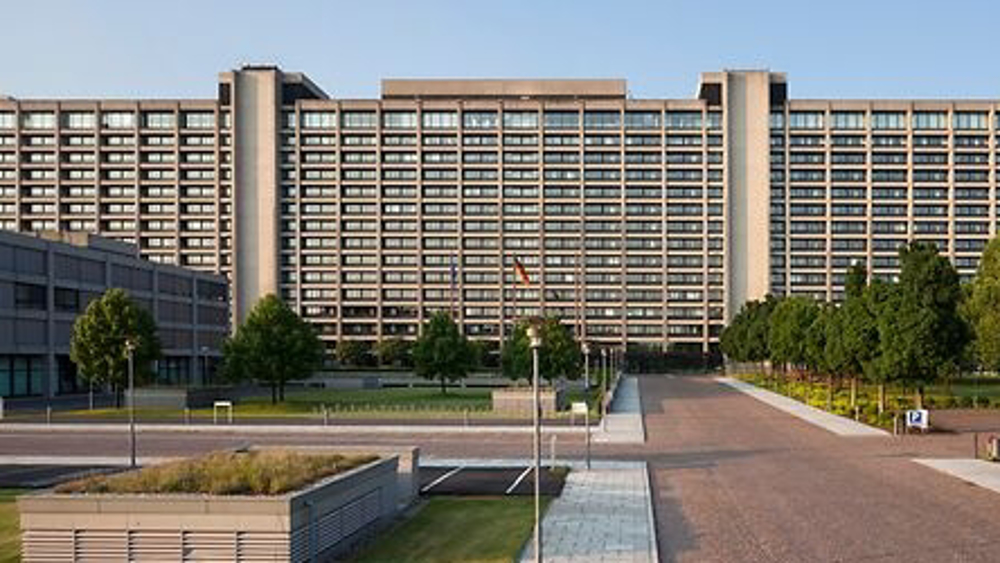
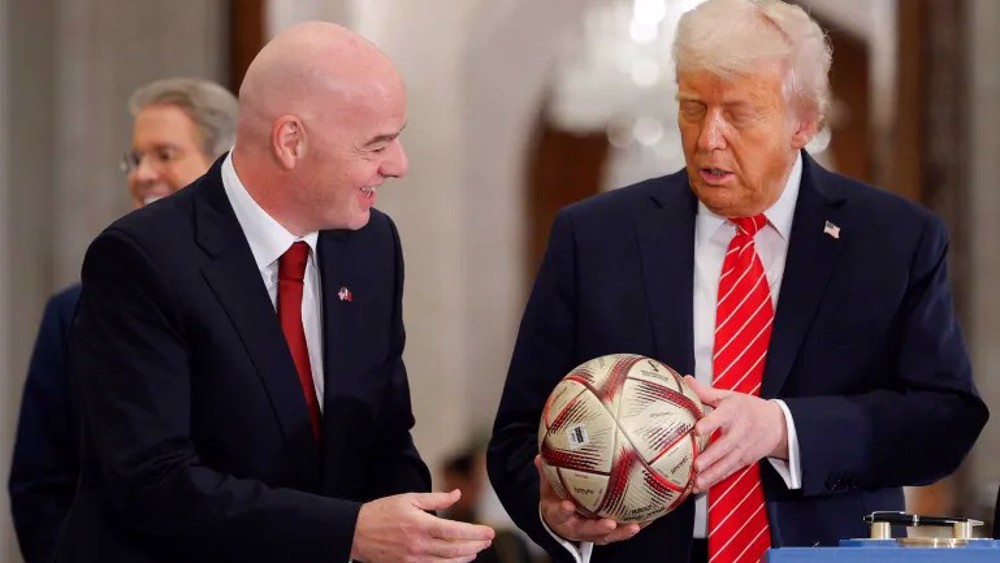
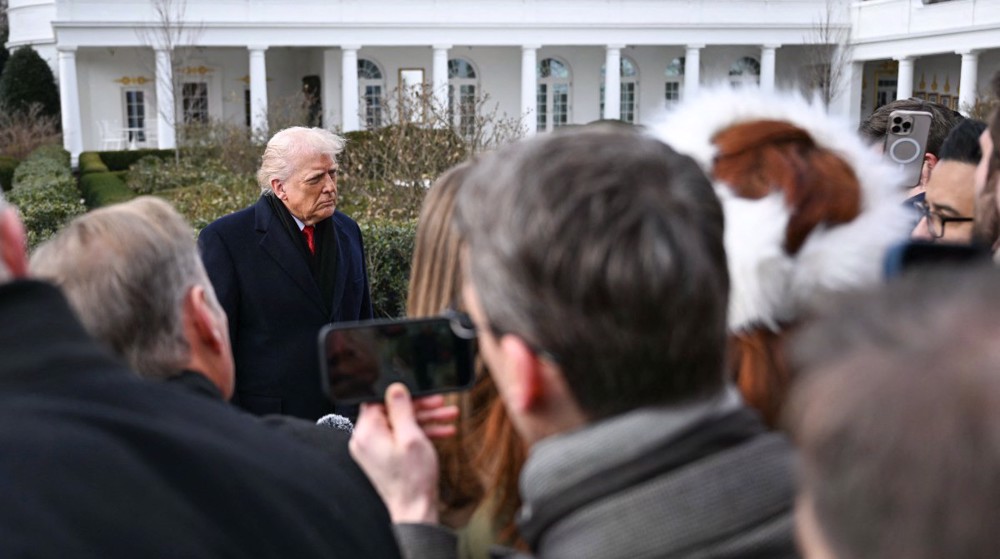





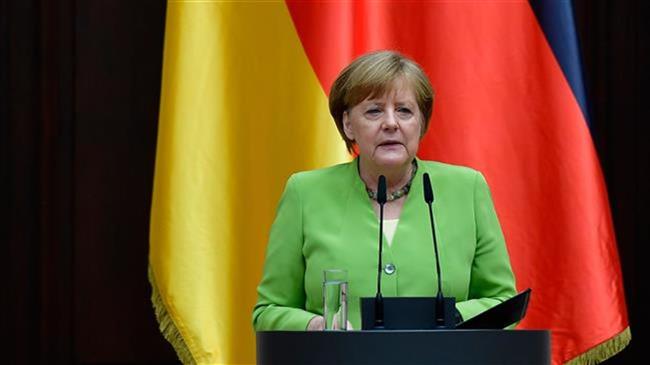
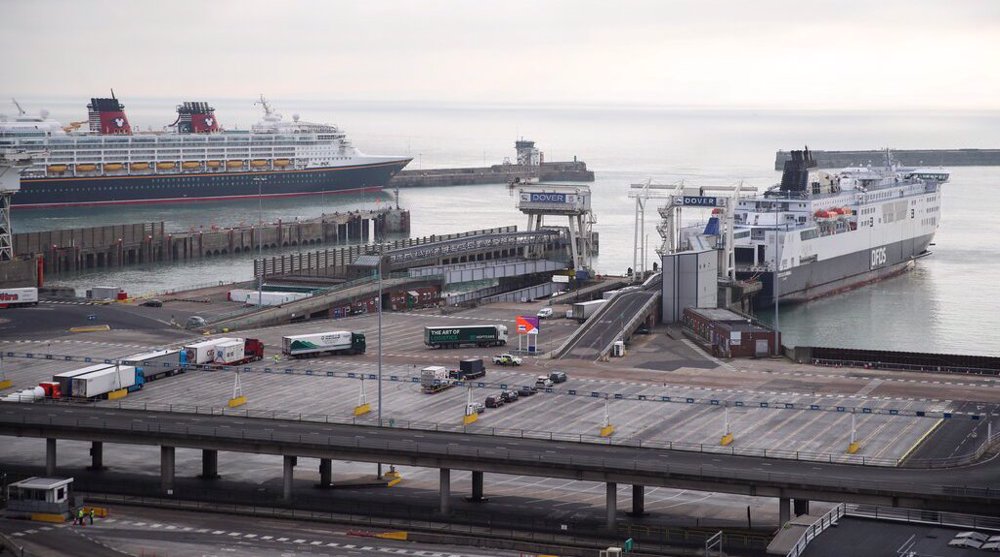

 This makes it easy to access the Press TV website
This makes it easy to access the Press TV website